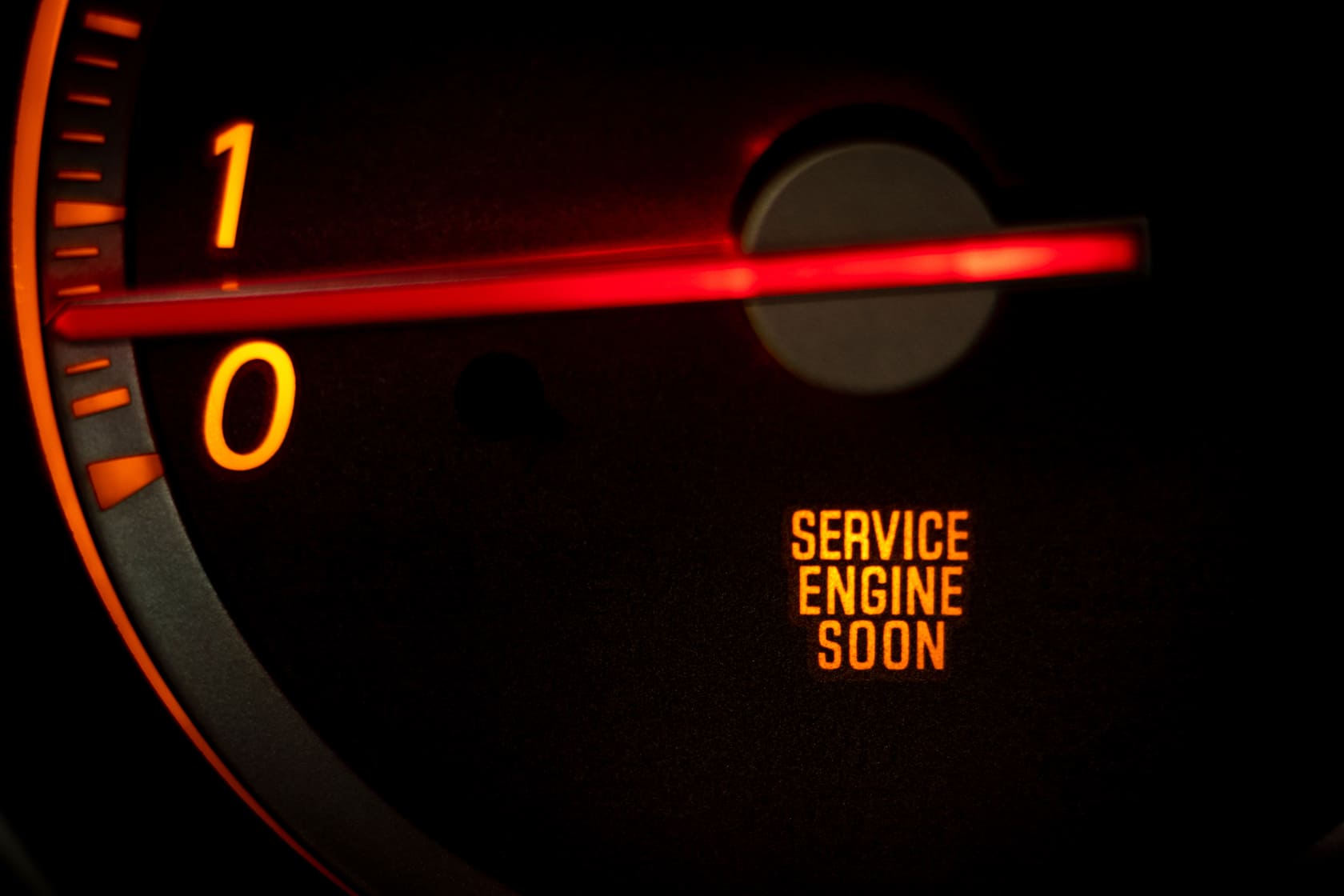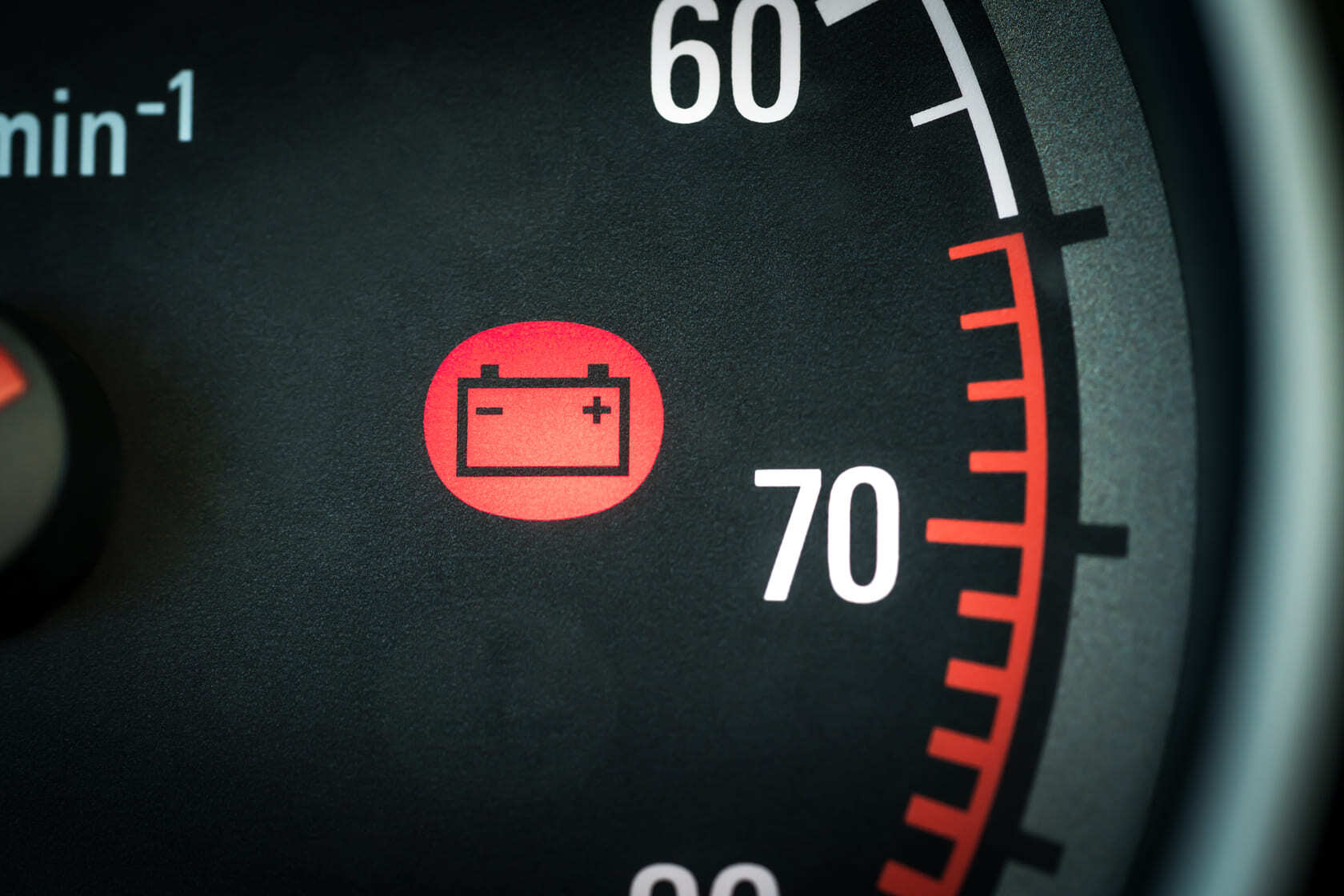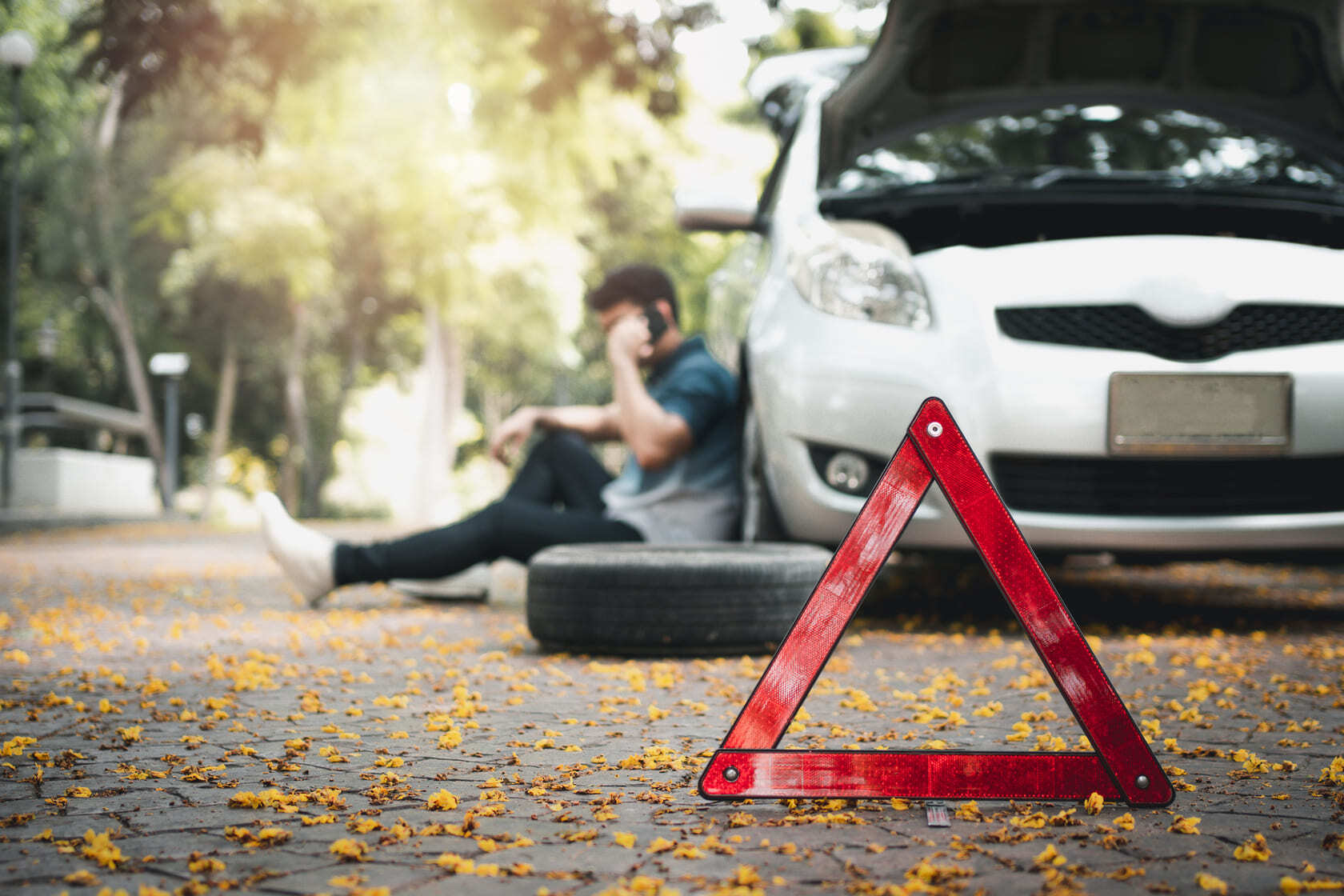Modern vehicles are more reliable than ever, but they still require regular maintenance and attention. Waiting too long to address an issue can result in more costly repairs and reduced safety. Recognizing early warning signs is essential for keeping your car in top condition. Here are the key symptoms that suggest your car might need a check-up — or even urgent service.
1. Unusual Noises
If your car starts to sound different, don’t ignore it. Grinding, squealing, knocking, or clunking sounds can indicate serious issues:
The type, location, and timing of the noise can help a technician diagnose the issue quickly.
- Grinding brakes may suggest worn pads or rotor damage.
- Clunking noises while turning or braking could mean suspension problems.
- High-pitched squeals can be signs of worn belts.
The type, location, and timing of the noise can help a technician diagnose the issue quickly.
2. Dashboard Warning Lights
The check engine light is the most common — and often misunderstood — warning signal. Other lights, like oil pressure, battery, ABS, or tire pressure, also require attention. Don’t ignore these indicators:
Investing in a simple OBD-II scanner can help you identify the general issue before visiting a mechanic.
- A flashing check engine light usually indicates a critical issue.
- A solid light may reflect something minor, but still worth checking.
Investing in a simple OBD-II scanner can help you identify the general issue before visiting a mechanic.

3. Vibrations or Shaking
A smooth ride is one of the signs of a healthy car. Vibrations, especially when accelerating or braking, can indicate:
If your steering wheel shakes or the whole car trembles, it’s time for an inspection.
- Unbalanced tires or alignment issues.
- Brake rotor problems causing pulsing during braking.
- Suspension wear or loose components.
If your steering wheel shakes or the whole car trembles, it’s time for an inspection.
4. Fluid Leaks
Not all leaks are equal, but all deserve attention. Keep an eye on your garage or driveway for spots:
Leaking fluids can signal a gasket issue, a worn seal, or a more significant failure.
- Red or brown spots = transmission or engine oil.
- Green or orange = coolant.
- Clear or slightly yellow = brake fluid or power steering.
Leaking fluids can signal a gasket issue, a worn seal, or a more significant failure.
5. Unusual Smells
Your nose can tell you a lot:
Strong, persistent smells should be addressed promptly to avoid long-term damage or hazardous situations.
- Sweet smell inside the car? Likely a coolant leak.
- Burning rubber = possible belt slippage or hose touching a hot engine part.
- Rotten egg odor could be a failing catalytic converter.
Strong, persistent smells should be addressed promptly to avoid long-term damage or hazardous situations.
6. Decreased Fuel Efficiency
A sudden drop in miles per gallon can point to several issues:
Monitoring your average MPG can give you early clues to potential issues.
- Faulty oxygen sensors
- Dirty air filters
- Underinflated tires
- Fuel injector problems
Monitoring your average MPG can give you early clues to potential issues.
7. Difficulty Starting the Car
If your car cranks longer than usual or doesn’t start consistently, it could be:
A slow start doesn’t always mean something major, but it should never be ignored.
- A weak battery
- A failing starter
- Fuel system issues
A slow start doesn’t always mean something major, but it should never be ignored.

8. Smoke or Steam
Any visible smoke or steam from the hood or exhaust is a red flag:
Pull over immediately if you see thick smoke — it could prevent engine damage or fire.
- White steam from the hood = potential coolant leak or overheating.
- Blue or black smoke from the exhaust = oil burning or fuel system issues.
Pull over immediately if you see thick smoke — it could prevent engine damage or fire.
9. Rough Idling or Stalling
The engine should run smoothly at all times. If it hesitates, shakes, or stalls while idling:
Consistent stalling or rough idling needs diagnostic attention.
- It may have a fuel delivery issue.
- Spark plugs or ignition coils could be faulty.
- The air intake or throttle body may need cleaning.
Consistent stalling or rough idling needs diagnostic attention.
10. Unresponsive Brakes or Pedals
Braking is your most important safety system. If the pedal feels spongy, hard to press, or the stopping distance increases:
Don’t delay — brake issues are critical for your safety.
- Brake fluid may be low or contaminated.
- Pads and rotors may be worn.
- The master cylinder or brake booster could be failing.
Don’t delay — brake issues are critical for your safety.

Regular vehicle maintenance goes beyond oil changes. Being attentive to these warning signs can save you money and keep you safe. Even if you're unsure about a symptom, it’s always better to consult a professional sooner rather than later.
Prevention is the best form of car care — and your car will thank you for it with years of reliable service., many are available even in mid-range vehicles, making advanced technology more accessible than ever before. When shopping for a car, consider which of these features align best with your lifestyle, driving habits, and comfort preferences. They might just turn an ordinary drive into a truly satisfying journey.









